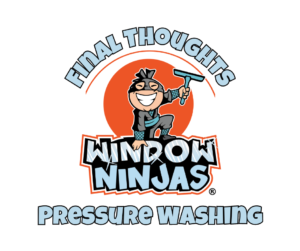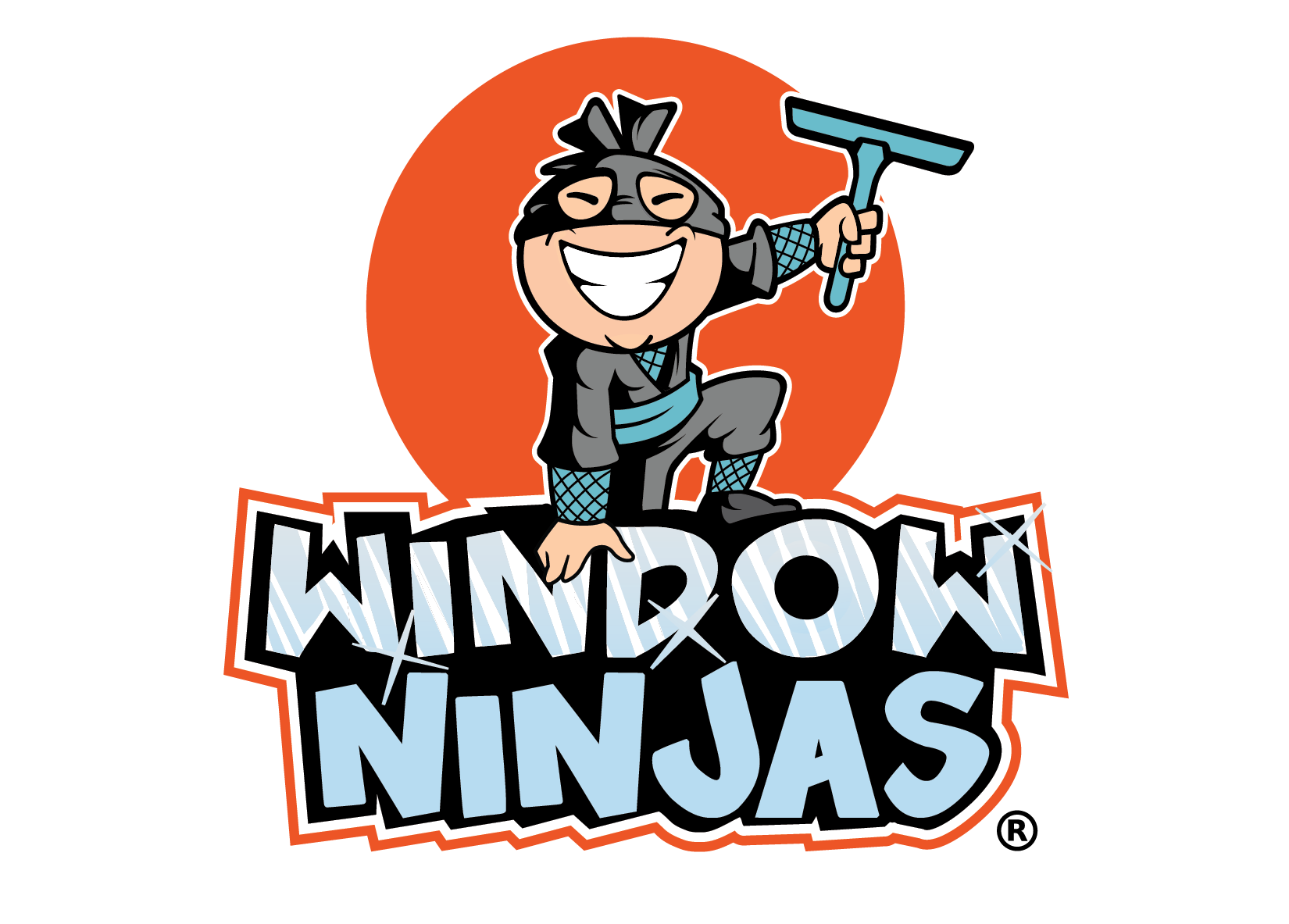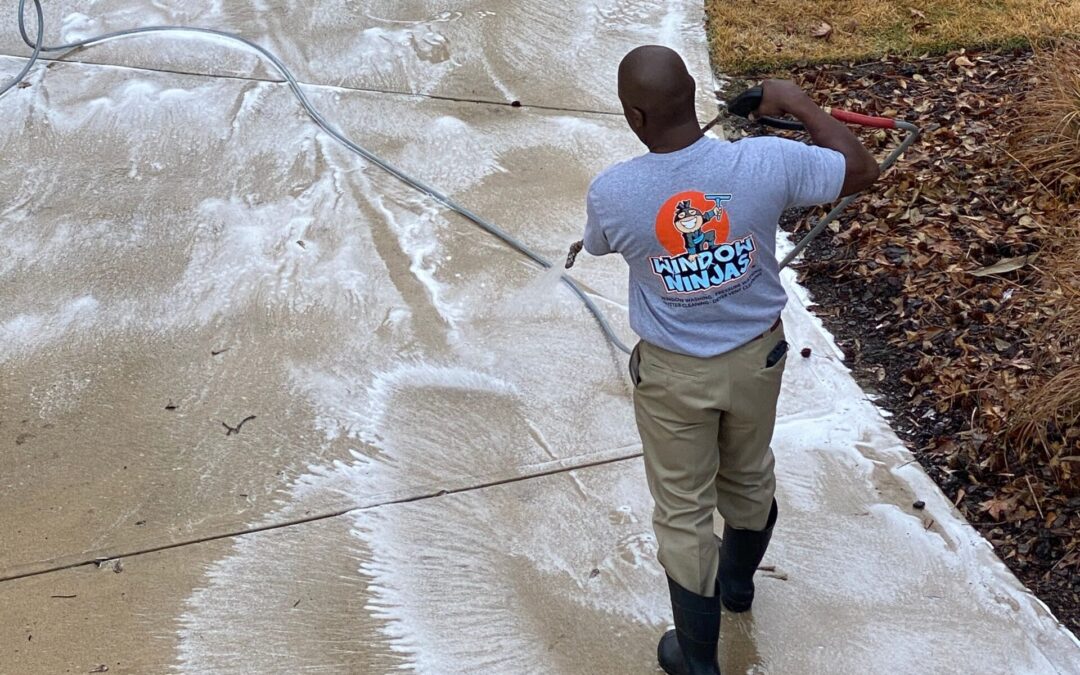In a world where first impressions matter, the cleanliness and appearance of your property can speak volumes. Whether you’re a homeowner, a property manager, or a business owner, maintaining the appearance of your property is paramount. One of the most effective methods for achieving this is professional pressure washing. This powerful cleaning technique can rejuvenate various surfaces, making them look new and extending their lifespan. But what are the best surfaces to have professionally pressure washed?
In this guide, we at Window Ninjas will go over the best surfaces for pressure washing and how often you should ideally clean them. If you are looking for a professional pressure washing service to restore your property, look no further than Window Ninjas! Reach out to us today at 833-646-5271 or visit us online at windowninjas.com to get started.
Without any further delay, let’s dive in!
The Power of Professional Pressure Washing
Before we can fully understand the specific surfaces and their needs, it’s important to understand the benefits of professional pressure washing as a whole.
To start with, professional pressure washing significantly enhances the curb appeal of any property, making it more inviting to visitor. This can also potentially increase its market value. Regular pressure washing also prevents the build-up of harmful substances like mold, mildew, and algae, which can degrade building materials over time, leading to costly repairs. This cleaning method is environmentally friendly as well, as it often requires less water than traditional cleaning methods and can be performed without the use of harsh chemicals. Removing slippery substances from walkways and driveways through the service can also improve safety, reducing the risk of accidents. Overall, professional pressure washing is an efficient, cost-effective way to maintain and protect your investment.
Ideal Surfaces for Professional Pressure Washing
Now, let’s explore the best surfaces to target with professional pressure washing.
Concrete
Concrete surfaces are among the most common candidates for pressure washing. This includes driveways, sidewalks, and entryways. Concrete’s porous nature allows it to trap dirt and stains easily, but its durability makes it perfect for cleaning with high-pressure water jets without causing damage. Proper pressure washing can restore concrete’s appearance, making it look new.
Decks and Patios
Most decks and patios, whether made of wood, composite, or concrete, can withstand pressure washing when done correctly. For wooden decks, it’s essential to use the right pressure level to avoid damaging the wood fibers. Pressure washing removes algae, dirt, and stains from decks and patios, enhancing their appearance and prolonging their lifespan.
Outdoor Furniture
You can also clean certain types of outdoor furniture made from materials like metal, wood, or heavy-duty plastics. This process is excellent for removing accumulated layers of dirt and mold, refreshing the furniture’s look without the need for harsh chemicals.
Fences
Wooden, vinyl, and metal fences can benefit from pressure washing, which can restore their appearance by removing dirt, mold, mildew, and algae. It’s an effective way to maintain the fence’s condition and aesthetic appeal, ensuring it looks good as new.
Brick and Masonry
Pressure washing ideally cleans brick walls, stone patios, and other masonry surfaces due to their durability. These materials can accumulate a significant amount of grime over time, and pressure washing can effectively remove these deposits without harming the surface. The process can also help preserve the integrity of the masonry by removing harmful substances that can cause decay over time.
Vinyl and Aluminum Siding
Houses with vinyl or aluminum siding can accumulate a lot of dust, pollen, and algae, especially in humid climates. Pressure washing can clean these surfaces thoroughly, improving the home’s exterior appearance and preventing potential damage caused by long-term buildup.
Tiled Areas
Outdoor tiles, including those around pools and on patios, can be cleaned effectively with pressure washing. This method helps remove slippery algae and ingrained dirt, making the areas safer and more aesthetically pleasing.
Special Considerations:
While pressure washing is versatile, selecting the correct equipment and settings is crucial to avoid damaging sensitive surfaces. For instance, sodium hypochlorite is used by professionals for its effectiveness on tough grime, especially on concrete. However, it must be handled with care to avoid damage to plants or surrounding materials. Additionally, the choice of a pressure washer and surface cleaner depends on the specific requirements of the job, including the power and size of the machine, which should match the type of surface being cleaned.
When undertaking pressure washing, whether as a DIY project or professionally, always consider the material’s durability and any manufacturer or expert recommendations to ensure effective and safe cleaning.
Materials That Should Not Be Pressure Washed
As we’ve seen, pressure washing is a highly effective method for cleaning various surfaces. However, it’s not suitable for all materials due to the intense force of the water. High pressure can damage certain materials, leading to unnecessary repair costs or replacement.
- Soft Wood: Soft wood, such as pine or cedar, can easily be etched or damaged under high pressure. The force of the water can strip away the surface, leading to splintering and weakening of the wood.
- Asphalt Shingles: Pressure washing can remove the granules from asphalt shingles that protect your roof from UV rays and weather, significantly shortening the lifespan of your roof.
- Old Mortar: Historic buildings or structures with old mortar can be seriously damaged by pressure washing. The force of the water can blast away the mortar, leading to structural instability.
- Painted Surfaces: Unless you’re intending to remove the paint, pressure washing can cause peeling and chipping of paint on surfaces like wood siding, decks, and fences.
- Stained Wood: Similar to painted surfaces, stained wood can also suffer. The intense pressure can strip away the stain along with the protective sealant, leaving the wood exposed to elements.
- Windows: The high pressure can break the glass or damage the seals around windows. This would lead to leaks and water damage inside your home.
- Vehicles: While many people use pressure washers to clean their cars, incorrect use can lead to paint damage, dented metal, or forced water into sensitive areas.
Understanding these limitations is vital in maintaining the integrity and longevity of your property’s various materials. Choosing gentler cleaning methods for these surfaces can prevent damage and ensure that surfaces remain in good condition for years to come.
Final Thoughts
Overall, professional pressure washing is an excellent way to maintain and protect your property’s exterior surfaces. It’s clear that the right approach can breathe new life into many surfaces, making it an invaluable tool
So are you ready to transform the appearance of your property? If so, consider scheduling a professional pressure washing service with Window Ninjas today! Reach out to us today at 833-646-5271 or check out our website windowninjas.com. For more information on pressure washing, check out our blog post!

